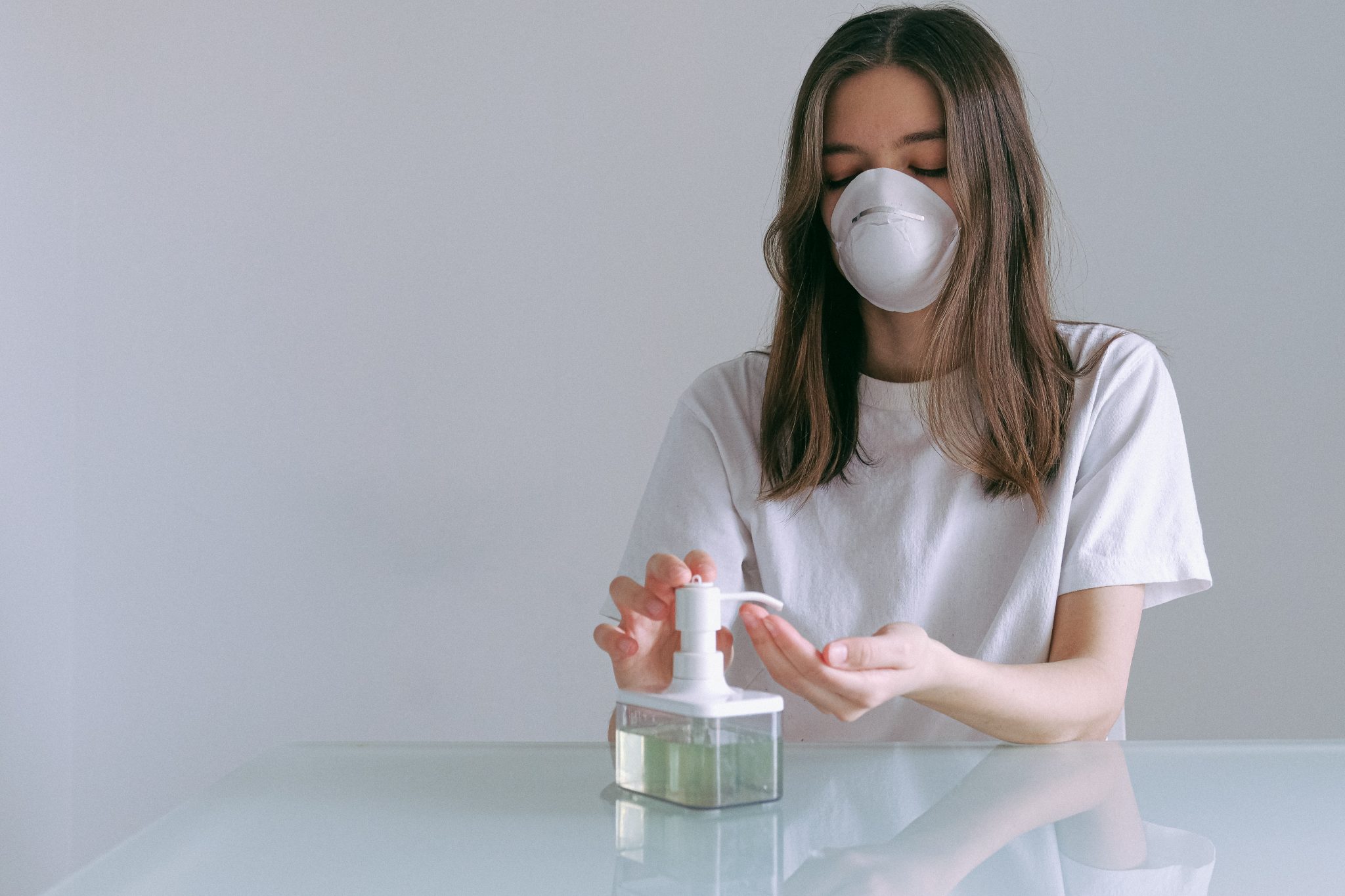Views expressed in opinion columns are the author’s own.
Although many of us want to put the pandemic behind us, it’s still an ever-present reality. While this university’s COVID-19 dashboard is nowhere to be found online, making the spread of the virus on campus much harder to track, I can say within my own circle of friends, I’ve seen a lot of people come down with the virus a week into the semester.
Per Centers for Disease Control and Prevention guidelines, those who test positive for COVID-19 must isolate for at least five full days. However, the University of Maryland’s requirement goes a step further: If you live on campus, you must relocate to an off-campus location to isolate for at least five days.
On the surface, this makes sense. If you live in a dorm, you are often sleeping in the same room as another person, sharing a bathroom with a dozen or so of your hallmates and eating meals in crowded dining halls every day. However, the guidance also applies to people living in on-campus apartments, South Campus Commons and Courtyards. That doesn’t make as much sense.
The university says students who reside off campus — such as in off-campus apartments — may choose to isolate there. So if a student is living in an on-campus apartment nearly identical to many off-campus apartments, why are they forced to relocate to isolate, while students in off-campus apartments are allowed to stay?
This university needs a more nuanced approach to its guidelines for COVID-19 isolation. If you live in an on-campus apartment — as well as at South Campus Commons or Courtyards — at this university, you should be allowed to choose to isolate there rather than be forced to isolate somewhere off campus.
First, I want to be clear: If a student lives in a dorm or a suite, they should still be required to isolate off-campus. There is no feasible way for someone to effectively isolate while living in those residences. However, the university can’t expect every on-campus student — many of whom are out-of-state — to magically find somewhere to isolate off campus if they test positive.
While telling students they are required to isolate off-campus, this university says nothing about any off-campus location for isolation they are providing. This leaves students who can’t easily go to another off-campus residence sick and alone with nowhere to go, possibly discouraged from testing altogether, which could lead to higher rates of infection. The decision not to provide nearby locations for students to isolate is a major failure on the university’s part.
But when you’re in an apartment, the circumstances surrounding your ability to isolate change almost entirely. In most cases, you have your own bedroom with a bathroom and kitchen located in your apartment. If you share a bathroom with another roommate, that roommate can use another bathroom in the apartment to lower their chances of exposure. The practices students in apartments should take to isolate are no different whether they are in an apartment located on or off campus.
But that’s not what the university wants them to do. The university wants them to travel home. If they don’t have a car, they’ll have to sit in close contact with someone else for the ride home, stay with their families and risk exposing a greater number of people. This can become especially harmful if students live with people who are immunocompromised.
While figuring out what to do after, there are easy ways to combat these complexities. If a student tests positive, there can be a university-monitored dialogue between them and their roommates — as simple as an anonymous question and answer — which asks about special circumstances, preferences and comfortability. If a student has a dining plan, the university can suspend their swipes for the five days during which they are required to isolate. Students can be given a choice: Given all the factors of their lives at home and on campus, what is the safest option for themselves and their community to do?
With the virus dashboard and university-provided off-campus isolation housing seeming to have vanished into thin air, like many of us, this university seems to want to be finished with the pandemic. But in doing so, it has just created more obstacles for students to face and put more lives at risk. To protect the physical and mental wellbeing of the greater community, this university must allow for students to be isolated in on-campus apartments.
Rebecca Scherr is a junior English and government and politics major. She can be reached at rsscherr101@gmail.com.



